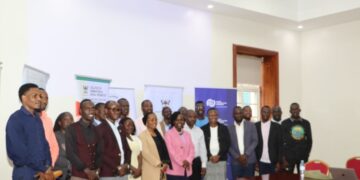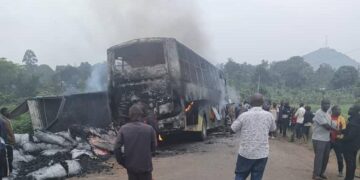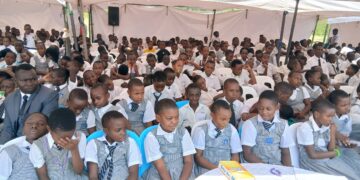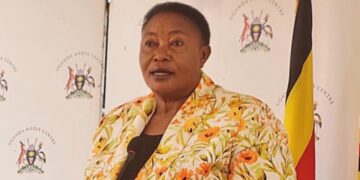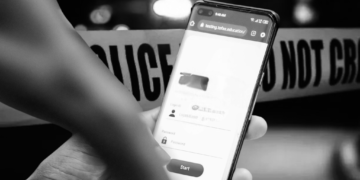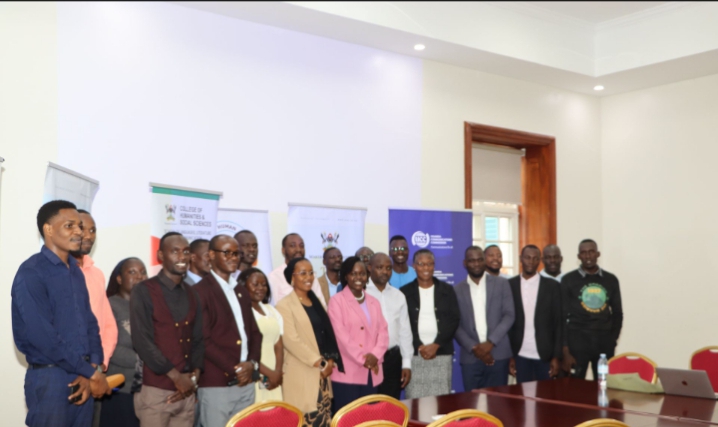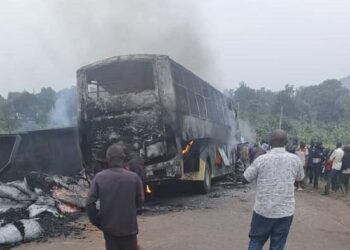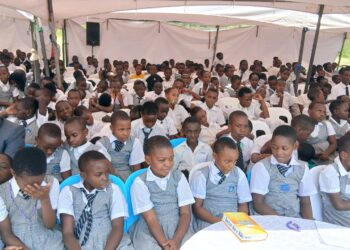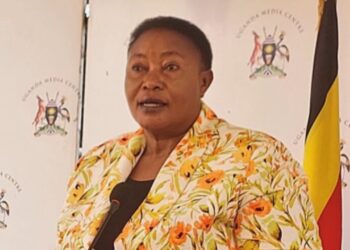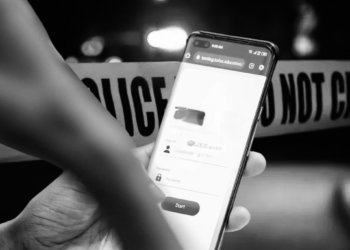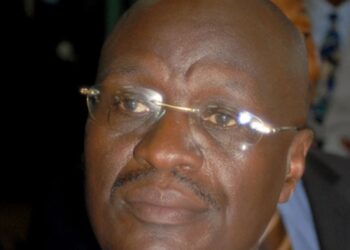By Atukwatse Ritah,
KAMPALA,
As Uganda gears up for the 2026 general elections, Makerere University’s Department of Journalism and Communication, in partnership with the Uganda Communications Commission (UCC), organized a two-day training aimed at equipping journalists and journalism students with the right skills and ethics for responsible election reporting.
The training, held at the university’s main building from October 6th to 7th, brought together lecturers, students, and practicing journalists to discuss best practices, safety, and fairness in covering elections.
According to Bahati Nelson, a lecturer at Makerere University, hosting the training at the institution was both timely and strategic.
“This training is organized by Makerere University in partnership with UCC so that students of journalism and communication can benefit without having to travel to UCC,” Bahati said. “It also shows that UCC trusts our department as a resource in teaching journalism and communication. Hosting such a training is a plus for us as a department.”
Bahati noted that the focus on elections was deliberate, given the approaching 2026 polls and the need for journalists to understand UCC’s new guidelines on election coverage.
“I think UCC thought of coming up with a blueprint to ensure that elections are covered in a legal and ethical manner,” he added. “The timing is right because the election period is approaching, and journalists need to know how to deal with challenges in the field.”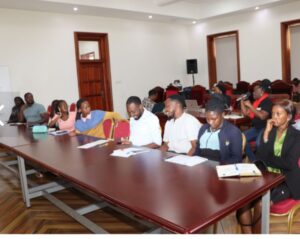
During the discussions, Christine Kabazira, the public Affairs Officer at Uganda Human Rights Commission which was also a partner on that training, expressed concern over Uganda’s declining voter turnout and the growing apathy among citizens, particularly the elite.
“The elites no longer vote because they are financially independent and can’t be corrupted with the little money given to voters,” she observed.
Kabazira attributed part of this voter fatigue to economic hardships faced by presidential candidates, which limit their ability to reach the electorate.
“Some candidates struggle financially to conduct campaigns. Journalists should therefore make an effort to find them wherever they are and give them a voice,” she urged.
She also emphasized the importance of fact-checking and media literacy among both journalists and the public. “Journalists should always verify information before passing it to the public. Likewise, citizens must learn to be critical of the information they receive—they should not be deceived,” Kabazira advised.
An anonymous participant shared a blunt view reflecting voter frustration, “People are tired of voting. Even when they don’t vote, they already know the winner,” the source said, drawing murmurs from the audience.
Dr. Charlotte Nantulume, another lecturer from Makerere University, presented the UCC’s guidelines for media coverage during elections, cautioning journalists against publishing misleading opinion polls.
“Polls can create a bandwagon effect. That’s why no publication of polls is allowed 48 hours before Election Day,” she explained. “Journalists must always find facts and be accurate when reporting sensitive issues like elections. Remember, no story is worth your life.”
Dr. Nantulume also advised journalists to prioritize their safety while covering potentially volatile political events. “Always wear protective gears because you don’t know when or where violence might erupt,” she warned.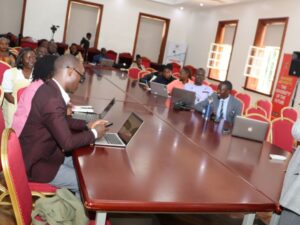
Dr. Gerald Walulya, another lecturer at Makerere, emphasized the need for balanced coverage during elections.
“Media houses should ensure that there are equal opportunities for all political parties and candidates to air their adverts,” he said. “Journalists must treat political leaders just as they treat business people—with fairness and professionalism.”
The two-day training underscored the vital role of the media in promoting transparency, peace, and accountability during elections. Participants agreed that ethical and accurate reporting can help rebuild public trust in both the electoral process and journalism itself.
As the countdown to 2026 begins, the call from Makerere University’s journalism scholars is clear: report responsibly, stay safe, and let facts—not bias—guide election coverage.
